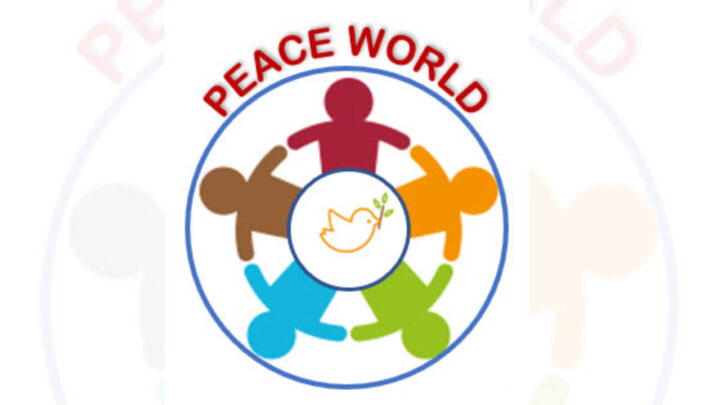The two notions are inextricably linked and cannot be completely realized without the other. Without social justice, peace results in a society in which a few persons dominate wealth, resources, and power, resulting in inequality and marginalization. Social justice without peace, on the other side, may result in violent confrontations, instability, and a lack of security.
Social justice, at its foundation, seeks to build a fair and equitable society by tackling the basic causes of inequality and injustice. Addressing challenges such as poverty, discrimination, human rights violations, and access to basic needs such as education, healthcare, and shelter are all part of this. Social justice tries to guarantee that all people, regardless of their background, have equal opportunities and are treated with decency and respect.
Similarly, peace seeks to establish a society in which disputes are settled peacefully and individuals are free of fear and uncertainty. A peaceful society lays the groundwork for people to live in harmony with one another, cultivating relationships based on mutual respect, understanding, and collaboration. This is required for the development of a society that embraces variety and celebrates differences.
The convergence of peace and social justice is critical because peace cannot be reached until the core causes of war and injustice are addressed. At the same time, social justice cannot be realized unless an atmosphere favorable to peaceful cohabitation is created. Peace and social justice are mutually reinforcing in this manner, with each aiding the other in creating a more fair, inclusive, and sustainable society.





